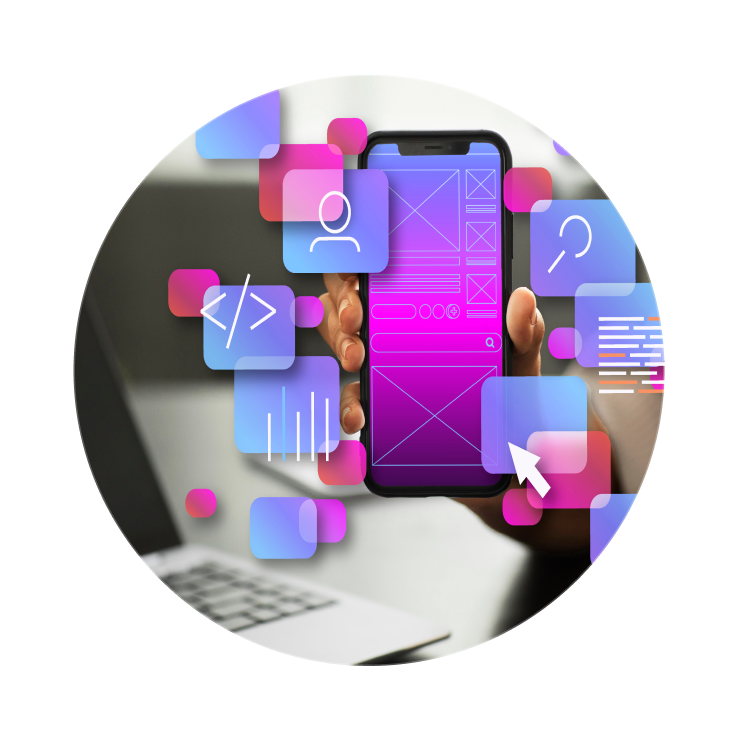Hiring the right Android developer can be a game-changer for your mobile app projects. To assess both technical expertise and problem-solving abilities, you need well-crafted interview questions. Here’s a list of good Android developer interview questions, organized by category, to help you identify the best candidates.
1. Basic Android Knowledge
These questions evaluate a candidate’s understanding of Android fundamentals:
-
What is the Android SDK, and why is it important?
-
Can you explain the Android activity lifecycle?
-
What is an Intent, and how is it used in Android?
-
What are the main components of an Android app?
-
How does Android handle screen orientation changes?
2. UI and UX Development
Strong UI/UX skills are essential for engaging apps. Ask:
-
What is a RecyclerView, and how does it differ from ListView?
-
How do you implement Material Design principles in Android apps?
-
What is ConstraintLayout, and why is it preferred over other layouts?
-
How would you optimize an app for different screen sizes and resolutions?
3. Data Management and Storage
These questions assess knowledge of databases and local storage:
-
How do you use SharedPreferences in Android?
-
What is Room Database, and how does it compare to SQLite?
-
How would you handle data synchronization between a remote server and a local database?
-
What are Content Providers, and when would you use them?
4. Networking and APIs
Modern apps often rely on external services. Relevant questions include:
-
What libraries do you use for networking in Android (e.g., Retrofit, Volley)?
-
How would you implement RESTful API calls in an Android app?
-
What is the difference between synchronous and asynchronous tasks in networking?
-
How do you securely handle API keys in Android apps?
5. Performance Optimization
Efficient apps are critical for user satisfaction. Consider asking:
-
How would you reduce an Android app’s memory usage?
-
What tools do you use for profiling and debugging Android apps?
-
How do you avoid ANR (Application Not Responding) errors?
-
What are some ways to improve app startup time?
6. Testing and Debugging
Testing ensures stability and quality. Sample questions:
-
What is Espresso, and how do you use it for UI testing?
-
How would you write unit tests for Android applications?
-
What’s the difference between local tests and instrumented tests in Android?
-
How do you debug crashes in a production app?
7. Advanced Topics
For experienced developers, include:
-
What is Jetpack Compose, and how does it differ from XML-based UI?
-
How would you implement dependency injection in Android (e.g., Dagger or Hilt)?
-
What is WorkManager, and how does it compare to JobScheduler?
-
How do you handle background tasks efficiently in Android?
8. Behavioral and Problem-Solving Questions
Soft skills and problem-solving abilities are equally important:
-
Tell me about a challenging bug you fixed and how you resolved it.
-
How do you prioritize tasks when working on multiple features at once?
-
Describe a time you collaborated with designers or backend developers to complete a project.
-
How do you stay updated on the latest Android trends and technologies?
9. Coding Challenges
Include a practical test to evaluate their coding skills:
-
Build a simple Android app that fetches data from a public API and displays it in a RecyclerView.
-
Write a function to parse JSON data and handle potential errors.
-
Implement a login screen with form validation and error handling.
Final Thoughts
A good Android developer should be proficient in both technical and soft skills. By combining fundamental, advanced, and behavioral questions, you can better assess a candidate’s ability to develop high-quality Android applications. Tailor these questions based on the level of expertise you’re hiring for—whether junior, mid-level, or senior developers.

